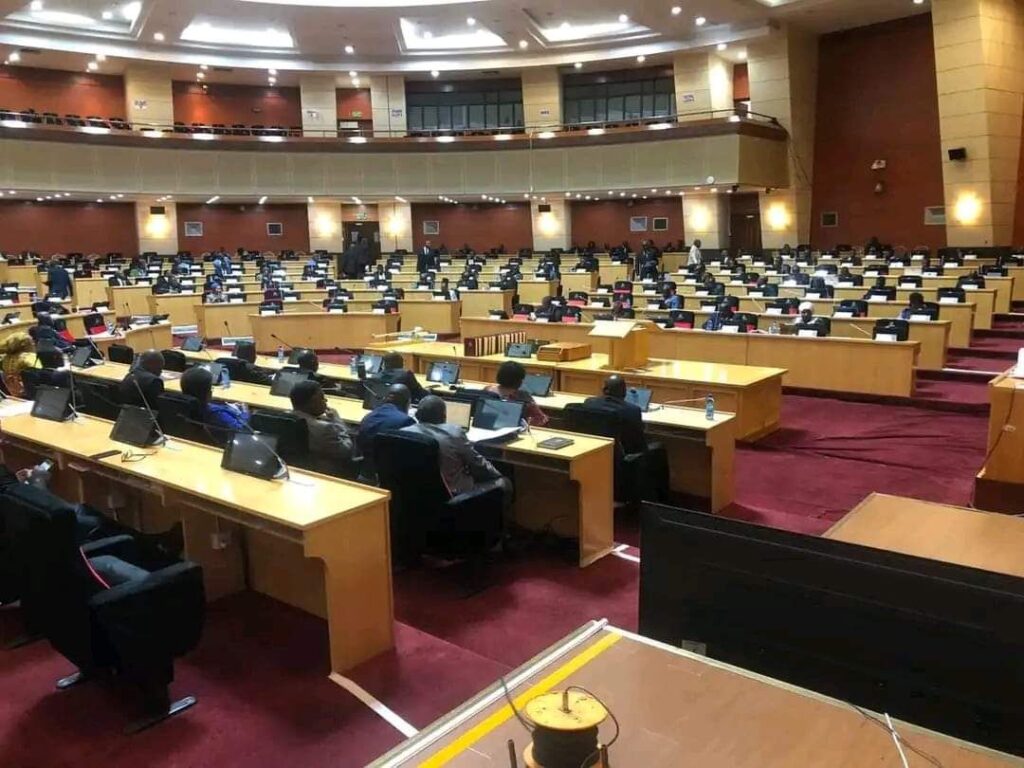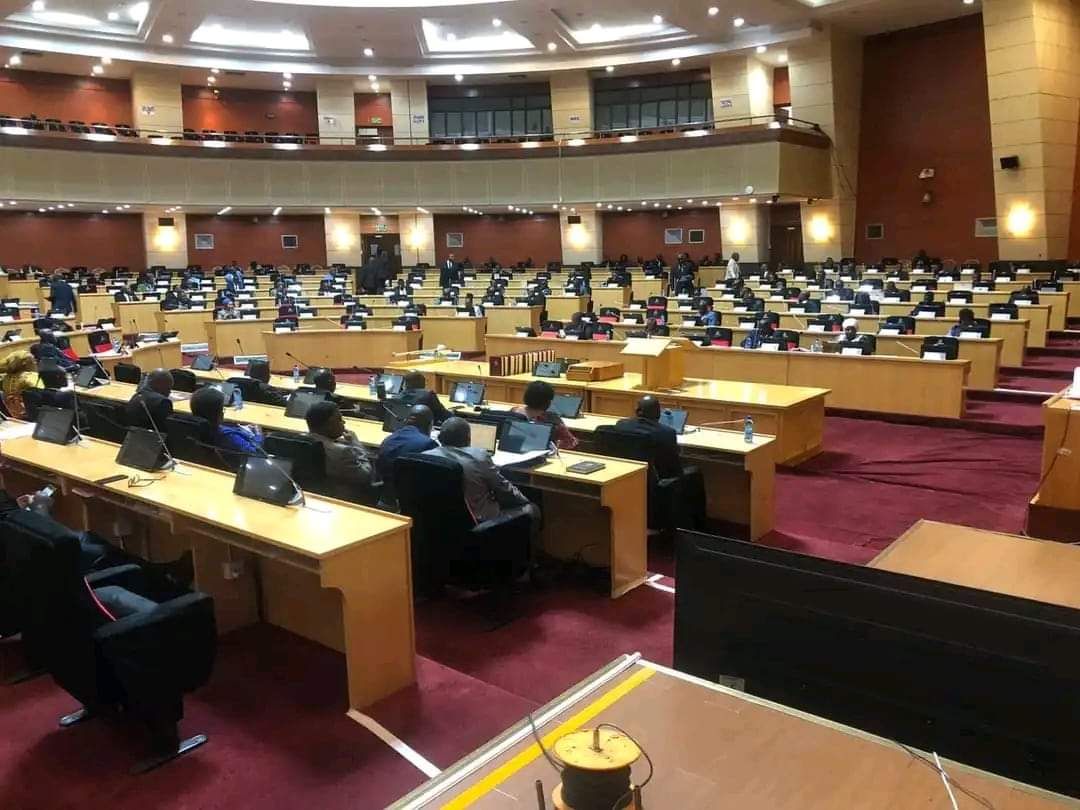By Burnett Munthali
The recent low turnout of lawmakers in Malawi’s Parliament has prompted significant scrutiny and concern. This absenteeism not only raises questions about the effective use of taxpayer money but also impacts the constituencies represented by these absent members.
The low attendance of lawmakers in Parliament represents a critical issue concerning the efficient use of public funds. Taxpayers invest substantial resources into parliamentary operations, including salaries, allowances, and administrative costs. When legislators are frequently absent, this investment yields minimal returns in terms of legislative productivity and governance outcomes. The perception that taxpayer money is being wasted due to unproductive sessions and lack of legislative progress further exacerbates public frustration.

The absence of lawmakers from parliamentary sessions has direct repercussions on their constituencies. Elected representatives are entrusted with advocating for their constituents’ needs, addressing local issues, and facilitating development projects. When MPs are not present or engaged, constituencies lose out on essential advocacy and support. This disconnect can result in delayed or overlooked projects and insufficient representation of local concerns at the national level.
Frequent absences undermine the accountability and trust that are fundamental to democratic governance. Constituents expect their representatives to actively participate in parliamentary duties and work diligently on their behalf. The perception of MPs as disengaged or uncommitted can erode public confidence in both the legislative process and the political system as a whole.
Several factors may contribute to lawmakers’ low turnout. These include personal and professional commitments, dissatisfaction with parliamentary proceedings, or a lack of motivation. Understanding and addressing these underlying issues is crucial for improving attendance and ensuring that MPs fulfill their legislative responsibilities.
To address the issue of low attendance, several measures could be considered:
Firstly, implementing stricter attendance rules and penalties for non-compliance could encourage lawmakers to prioritize their parliamentary duties.
Secondly, strengthening communication between MPs and their constituents can help ensure that representatives remain accountable and responsive.
Thirdly, providing support mechanisms and incentives for active participation could boost engagement and commitment among lawmakers.
In conclusion, the low turnout of lawmakers in Malawi’s Parliament highlights critical concerns regarding the use of taxpayer money and the effective representation of constituencies. Addressing this issue is vital for enhancing the functionality of Parliament and ensuring that elected officials remain committed to their responsibilities. As Malawi moves forward, improving legislative attendance and accountability will be essential for fostering trust in the democratic process and achieving meaningful governance outcomes.



